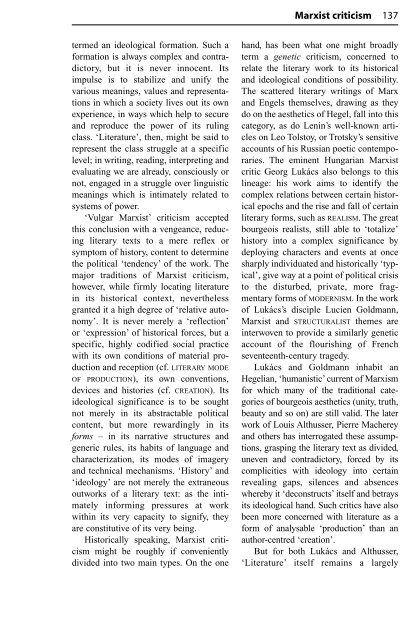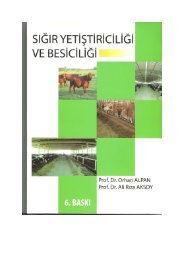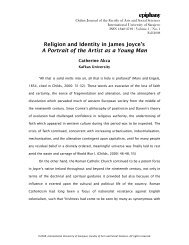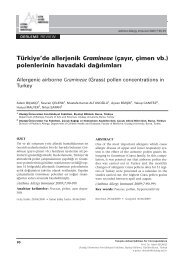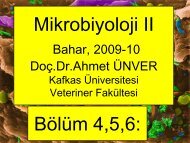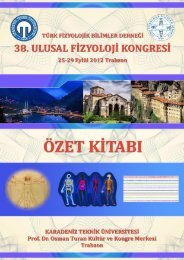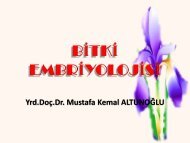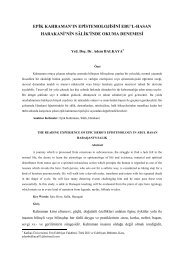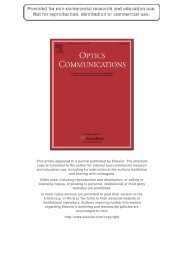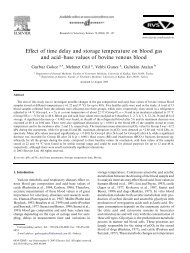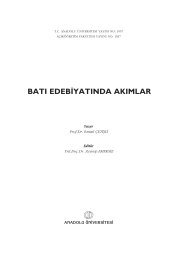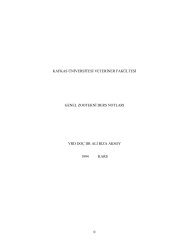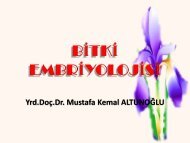The Routledge Dictionary of Literary Terms
The Routledge Dictionary of Literary Terms
The Routledge Dictionary of Literary Terms
You also want an ePaper? Increase the reach of your titles
YUMPU automatically turns print PDFs into web optimized ePapers that Google loves.
termed an ideological formation. Such a<br />
formation is always complex and contradictory,<br />
but it is never innocent. Its<br />
impulse is to stabilize and unify the<br />
various meanings, values and representations<br />
in which a society lives out its own<br />
experience, in ways which help to secure<br />
and reproduce the power <strong>of</strong> its ruling<br />
class. ‘Literature’, then, might be said to<br />
represent the class struggle at a specific<br />
level; in writing, reading, interpreting and<br />
evaluating we are already, consciously or<br />
not, engaged in a struggle over linguistic<br />
meanings which is intimately related to<br />
systems <strong>of</strong> power.<br />
‘Vulgar Marxist’ criticism accepted<br />
this conclusion with a vengeance, reducing<br />
literary texts to a mere reflex or<br />
symptom <strong>of</strong> history, content to determine<br />
the political ‘tendency’ <strong>of</strong> the work. <strong>The</strong><br />
major traditions <strong>of</strong> Marxist criticism,<br />
however, while firmly locating literature<br />
in its historical context, nevertheless<br />
granted it a high degree <strong>of</strong> ‘relative autonomy’.<br />
It is never merely a ‘reflection’<br />
or ‘expression’ <strong>of</strong> historical forces, but a<br />
specific, highly codified social practice<br />
with its own conditions <strong>of</strong> material production<br />
and reception (cf. LITERARY MODE<br />
OF PRODUCTION), its own conventions,<br />
devices and histories (cf. CREATION). Its<br />
ideological significance is to be sought<br />
not merely in its abstractable political<br />
content, but more rewardingly in its<br />
forms – in its narrative structures and<br />
generic rules, its habits <strong>of</strong> language and<br />
characterization, its modes <strong>of</strong> imagery<br />
and technical mechanisms. ‘History’ and<br />
‘ideology’ are not merely the extraneous<br />
outworks <strong>of</strong> a literary text: as the intimately<br />
informing pressures at work<br />
within its very capacity to signify, they<br />
are constitutive <strong>of</strong> its very being.<br />
Historically speaking, Marxist criticism<br />
might be roughly if conveniently<br />
divided into two main types. On the one<br />
Marxist criticism 137<br />
hand, has been what one might broadly<br />
term a genetic criticism, concerned to<br />
relate the literary work to its historical<br />
and ideological conditions <strong>of</strong> possibility.<br />
<strong>The</strong> scattered literary writings <strong>of</strong> Marx<br />
and Engels themselves, drawing as they<br />
do on the aesthetics <strong>of</strong> Hegel, fall into this<br />
category, as do Lenin’s well-known articles<br />
on Leo Tolstoy, or Trotsky’s sensitive<br />
accounts <strong>of</strong> his Russian poetic contemporaries.<br />
<strong>The</strong> eminent Hungarian Marxist<br />
critic Georg Lukács also belongs to this<br />
lineage: his work aims to identify the<br />
complex relations between certain historical<br />
epochs and the rise and fall <strong>of</strong> certain<br />
literary forms, such as REALISM. <strong>The</strong> great<br />
bourgeois realists, still able to ‘totalize’<br />
history into a complex significance by<br />
deploying characters and events at once<br />
sharply individuated and historically ‘typical’,<br />
give way at a point <strong>of</strong> political crisis<br />
to the disturbed, private, more fragmentary<br />
forms <strong>of</strong> MODERNISM. In the work<br />
<strong>of</strong> Lukács’s disciple Lucien Goldmann,<br />
Marxist and STRUCTURALIST themes are<br />
interwoven to provide a similarly genetic<br />
account <strong>of</strong> the flourishing <strong>of</strong> French<br />
seventeenth-century tragedy.<br />
Lukács and Goldmann inhabit an<br />
Hegelian, ‘humanistic’ current <strong>of</strong> Marxism<br />
for which many <strong>of</strong> the traditional categories<br />
<strong>of</strong> bourgeois aesthetics (unity, truth,<br />
beauty and so on) are still valid. <strong>The</strong> later<br />
work <strong>of</strong> Louis Althusser, Pierre Macherey<br />
and others has interrogated these assumptions,<br />
grasping the literary text as divided,<br />
uneven and contradictory, forced by its<br />
complicities with ideology into certain<br />
revealing gaps, silences and absences<br />
whereby it ‘deconstructs’ itself and betrays<br />
its ideological hand. Such critics have also<br />
been more concerned with literature as a<br />
form <strong>of</strong> analysable ‘production’ than an<br />
author-centred ‘creation’.<br />
But for both Lukács and Althusser,<br />
‘Literature’ itself remains a largely


